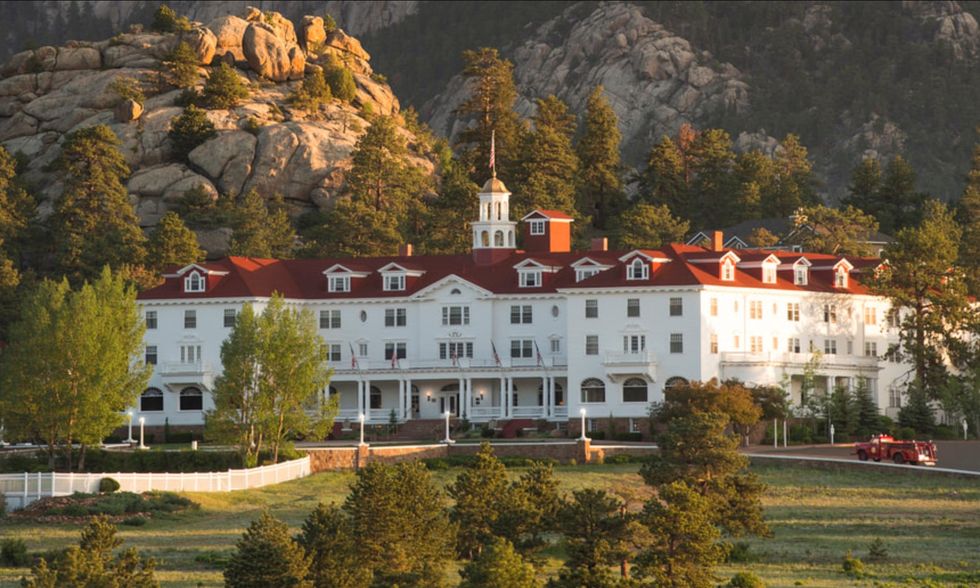RAA provided exhibition planning, interpretation, wayfinding, content, and graphics, shaping inclusive experiences across museum and library collections that inspire curiosity, connection, and cultural engagement.
 Courtesy Simon Critchley Photography
Courtesy Simon Critchley Photography
Building on The Harris’s objective of creating a blended cultural experience, RAA developed a design strategy to enhance visitor engagement with collections, spaces, and services. From initial planning to final fit-out, the team designed every element of the visitor journey with a cohesive spatial and visual language.
This project transformed The Harris into a vibrant civic hub with integrated museum, library, and gallery collections in redesigned spaces. RAA’s design features interactive exhibits, digital storytelling, and bold graphics throughout inviting areas like a café, atrium, and retail spaces. Every detail, from signage to furniture, was coordinated for a coherent experience.
An inclusive design
The Harris symbolises a bold reimagining of one of Lancashire’s most iconic buildings, designed to unlock its full potential as a cultural hub for Preston and the wider region.
With increased accessibility to its collections, the building offers a richer and more dynamic experience for visitors of all ages. It features participatory programmes, co-created displays, and flexible spaces that foster creativity, conversation, and connection. Welcoming 100,000 more visitors annually, it remains a civic landmark—open, inclusive, and community-shaped. Its core values include accessibility, wellbeing, and civic pride.
 Courtesy Michael Porter Photography
Courtesy Michael Porter Photography
Hands-on experiences, adaptable event spaces, and displays reflecting Preston’s past and present now define the public offer. RAA’s design builds on these goals, creating a welcoming, intuitive visitor experience rich in cultural meaning. Through interpretive planning, exhibition design, and strategic coordination, RAA helped realise the client’s vision for a revitalised institution.
RAA’s inclusive design reimagines how The Harris welcomes visitors, blending museum, library, and gallery spaces into an accessible, integrated cultural experience that breaks traditional divisions.
Audience research revealed that locals accessed council services or borrowed books downstairs, but rarely ventured upstairs. The museum and gallery felt unfamiliar or “not for them.” RAA’s design redistributes collections and moves books to upper floors. Visitors now encounter art, artefacts, and literature throughout.
This blended approach is reflected in the building’s interpretive scheme, which unfolds across three levels: stories on the ground floor explore The Harris’s civic role; the first floor shows Preston’s people and communities; and the second connects to global narratives, with the pendulum linking them all.
Created through workshops with The Harris team, the blend was carefully refined in every aspect to unify storytelling, accessibility, and civic purpose. Visitors are now naturally immersed in collections, sparking curiosity, dialogue, and connection.
The Foucault Pendulum
The Foucault Pendulum, a favourite feature, is now a striking animated centrepiece, suspended 33 meters from the rooflight and aligned with the compass rose below.
This repositioning centres the pendulum in the atrium, activating the Rotunda's geometry from rooflight to compass rose, where a new base echoes the building’s radial symmetry. It creates a unified axis, anchoring the pendulum within The Harris’s civic and architectural story.
Previously mounted off-centre in the Rotunda, its relocation represents a significant design intervention by RAA, carried out in close collaboration with the client team. With no lift access to the necessary height, the pivot was secured during the building works while scaffolding filled the space. This unique opportunity required technical precision and a coordinated response.
 Courtesy Michael Porter Photography
Courtesy Michael Porter Photography
Its continuous motion is powered by a discreet floor-mounted electromagnet, developed with the University of Central Lancashire’s Physics Department, led by Professors Brett Patterson and Derek Ward-Thompson. The team designed and tested the system for reliability. Early support came from Unusual Projects, with final delivery shaped through local collaboration and academic expertise.
Now part of the building’s interpretive scheme, the pendulum connects stories across all three levels.
Co-design and accessibility
RAA partnered with The Harris team and local stakeholders, including a Youth Panel and Caribbean community representatives, to create spaces that reflect local voices.
Young people and museum staff collaborated to shape their gallery by selecting artefacts, choosing colours, and writing interpretation labels. This social space is a welcoming retreat for young people to relax and connect in a vibrant setting.
These co-designed elements embed local voices in the building’s reopening and ongoing public life. A flexible display case on the first-floor balcony, developed with the Caribbean community, will rotate annually to showcase other local groups within the gallery.
RAA collaborated with the client, architects, and brand designers to develop a wayfinding system that helps visitors navigate the building’s diverse spaces, including the Public Library, Museum, Art Gallery, and Young People’s Space.
 Courtesy Michael Porter Photography
Courtesy Michael Porter Photography
The signage provides clarity and confidence, helping users to orient themselves and access services. Designed to fit within the Grade I listed architecture, it balances legibility with elegance, respecting heritage and supporting inclusive access.
A collaborative project
The Harris's transformation was supported by Preston City Council, The National Lottery Heritage Fund, the UK Government’s Towns Fund, Arts Council England, Lancashire County Council, trusts, foundations, and individual donors.
This collaborative project embodies a commitment to heritage, public engagement, and inclusive design. RAA took the lead on exhibition design, overseeing interpretation, wayfinding, content, graphics, and the overall delivery of the project. Architectural leadership was provided by Buttress Architects, while Focus Consultants managed the project, and Ridge and Partners (LLP) offered cost consultancy services.
Lighting throughout the venue was expertly handled by Michael Grubb Studio, with Sysco Productions responsible for the design of audiovisual hardware. Kendrick Hobbs contributed catering design expertise, and HUB Build managed the fit out and installation work. Showcase installation was delivered by Click Netherfield, while Unusual Projects handled interactive elements.
 Courtesy Simon Critchley Photography
Courtesy Simon Critchley Photography
The University of Central Lancashire (UCLan) played a key role in designing the electromagnetic system for the pendulum. Conservation oversight was provided by Lancashire County Council, and Fusion LX served as the audiovisual hardware contractor. Four Agency produced the media content, and Orbis Conservation Ltd was appointed as the mountmakers for the project.
A space that reflects Preston's cultural heritage
Timothy Joel, assistant director head of culture at Preston City Council, says: “Working with RAA has been an inspiring and collaborative experience. Their creativity and attention to detail have helped transform The Harris into a space that truly reflects Preston’s rich cultural heritage while welcoming new audiences.
“We are thrilled to be able to share this revitalised venue with the community and to celebrate its reopening."
Councillor Hindle, cabinet member for culture and art at Preston City Council, adds: "This project has been a fantastic example of what can be achieved when vision, expertise, and community focus come together.
“Working with RAA has allowed us to reimagine The Harris in a way that honours its history while providing a modern, vibrant space for the people of Preston. We’re excited for residents and visitors alike to experience everything the renewed Harris has to offer."
 Courtesy Michael Porter Photography
Courtesy Michael Porter Photography
Sarah Pollard, associate and physical design director at RAA, says: “We wanted The Harris to feel genuinely welcoming – a place where anyone might wander in, encounter an artwork or artefact unexpectedly, and feel drawn into the narrative. It offers a retreat for quiet reflection and also a gathering space where people can come for social interaction.
“By blending displays throughout the building, we’ve encouraged accidental discovery and created a space where people feel comfortable, curious and free to engage.”
RAA also recently served as the exhibition designer for the new Antonín Dvořák’s Birthhouse Museum in Nelahozeves, Czech Republic.
Top image courtesy Michael Porter Photography

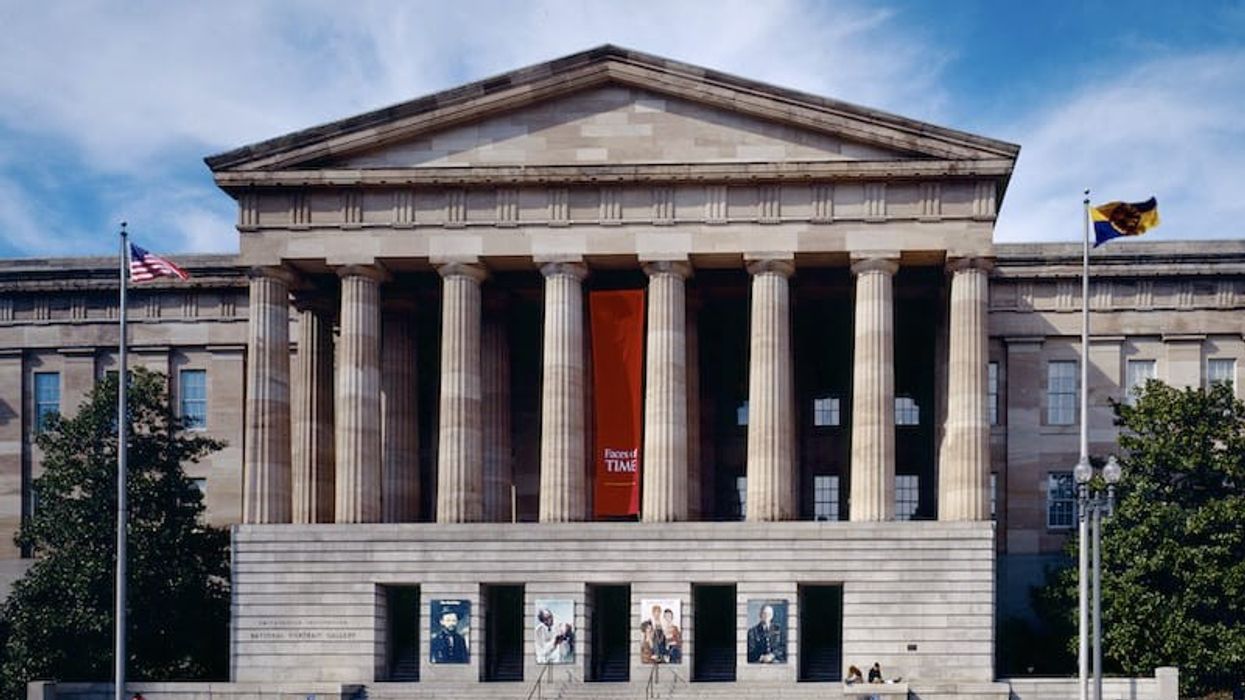





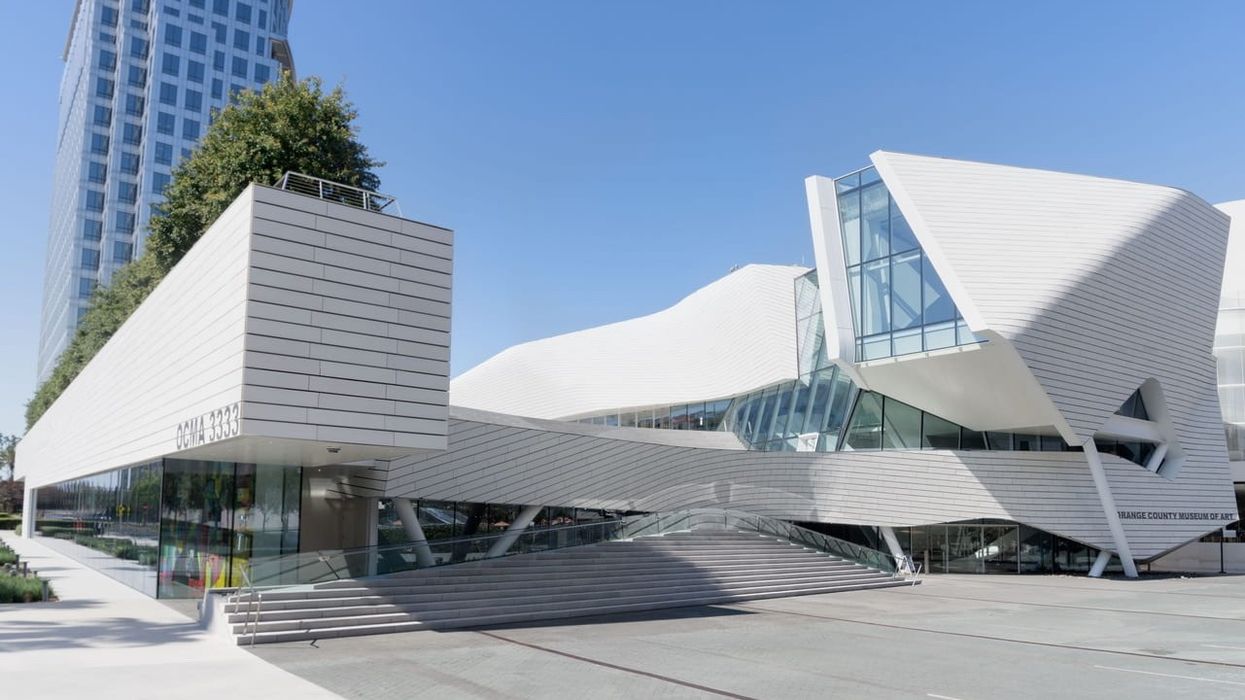
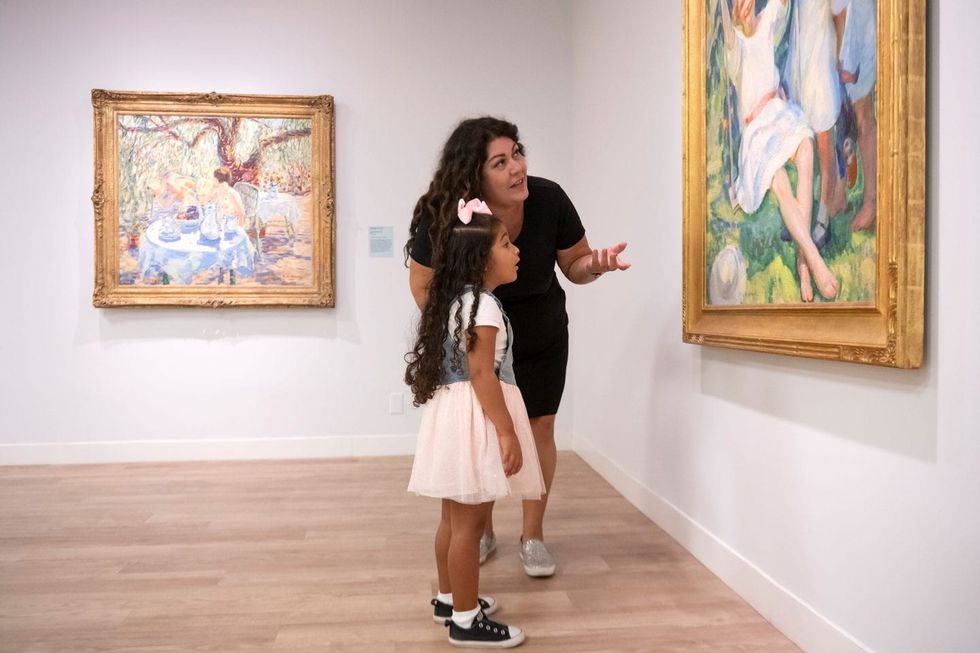






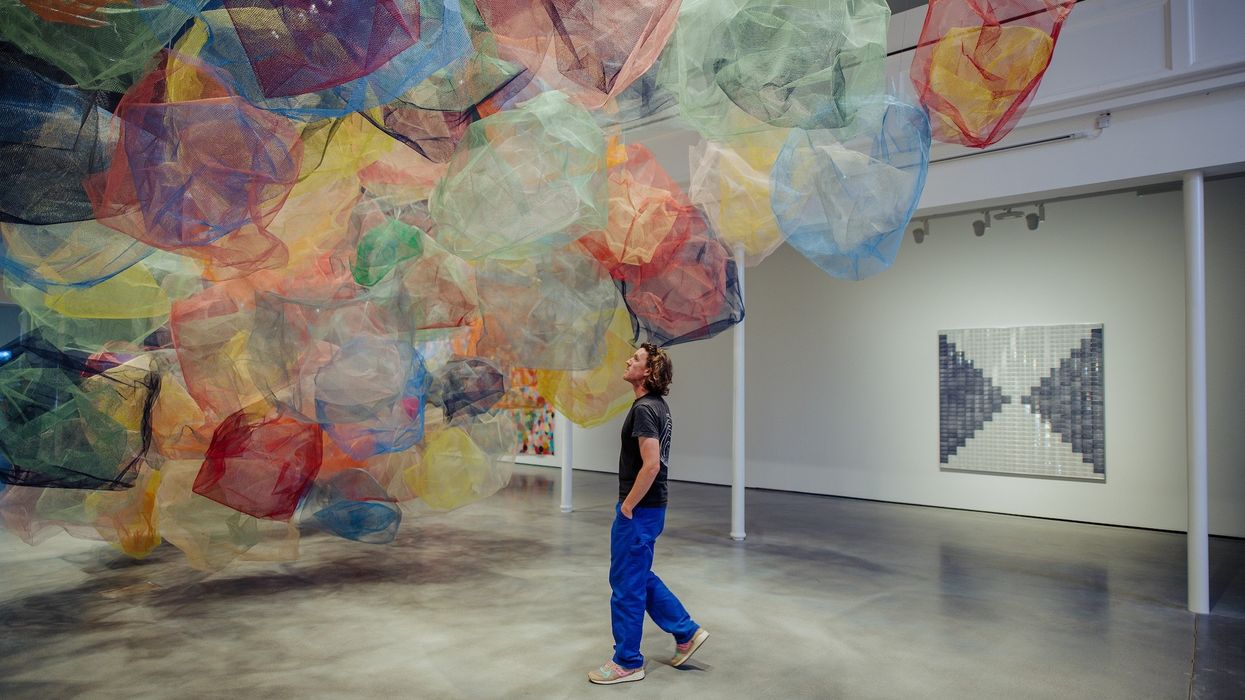
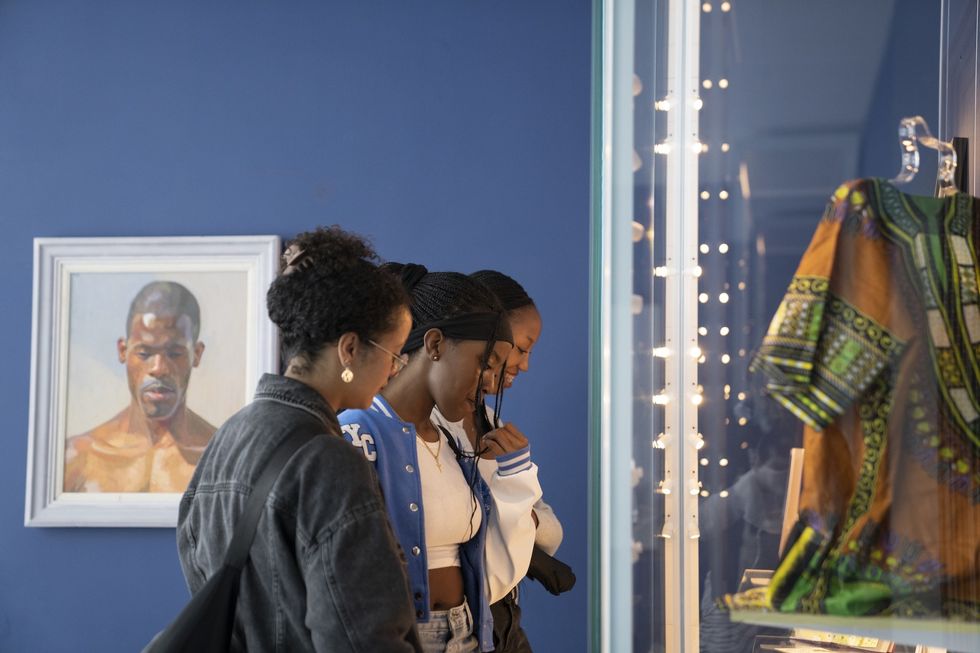
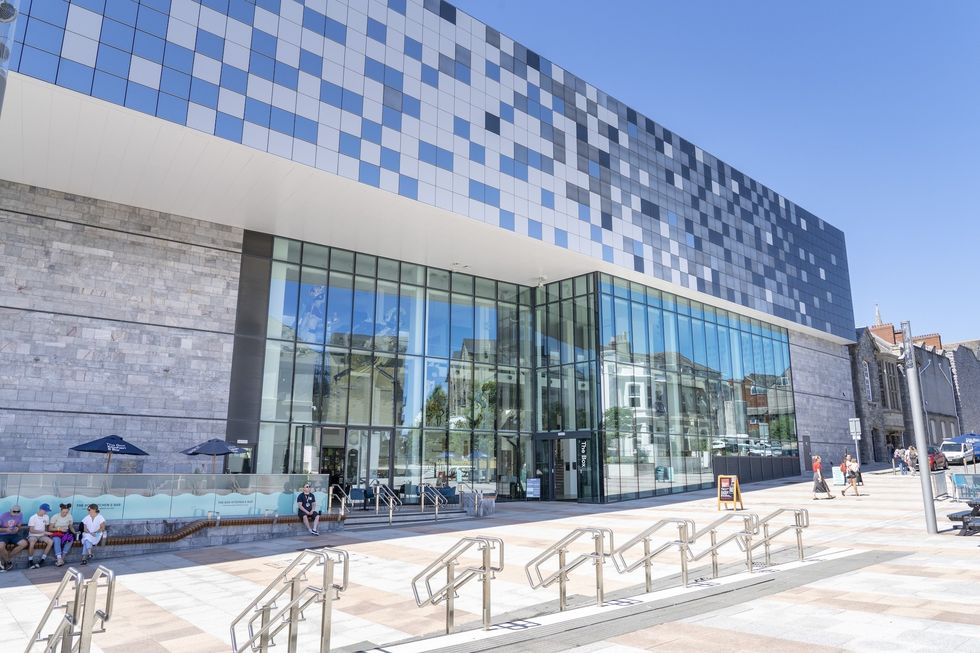
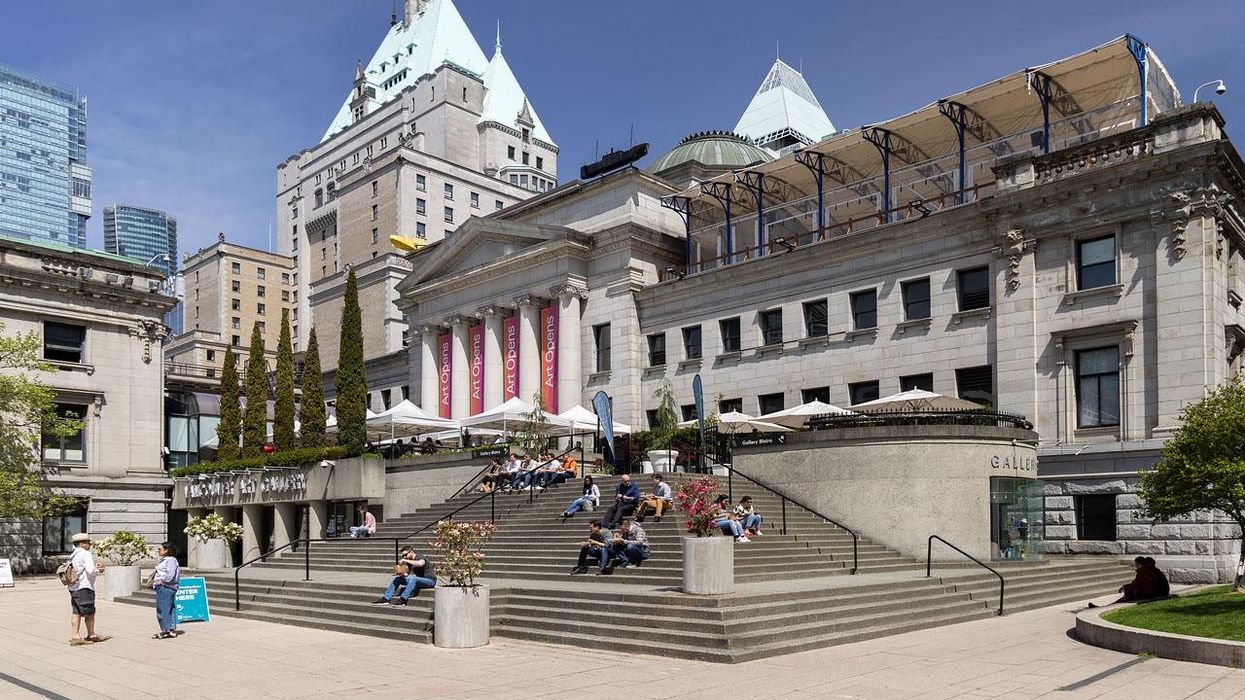
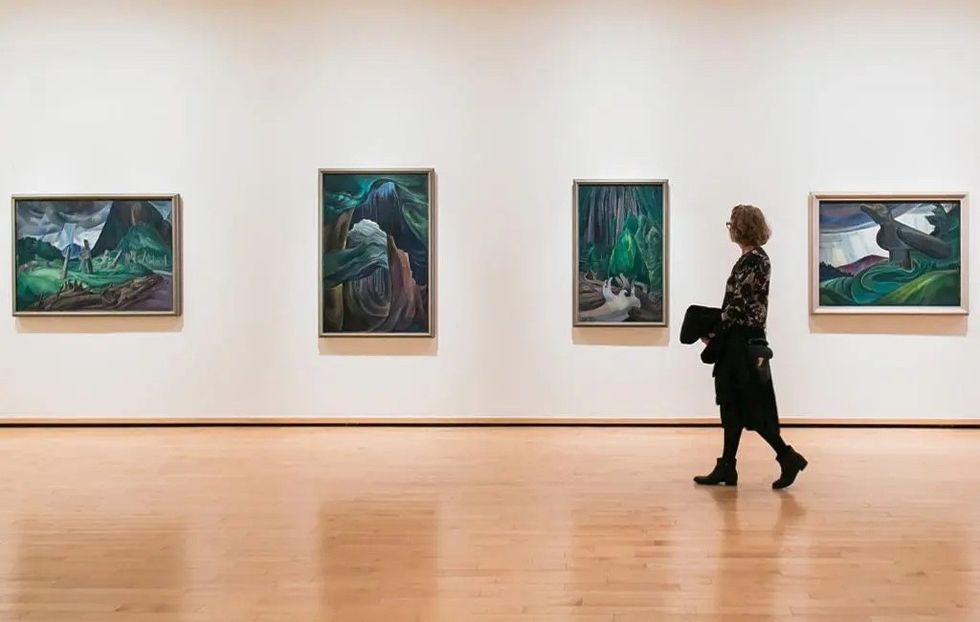
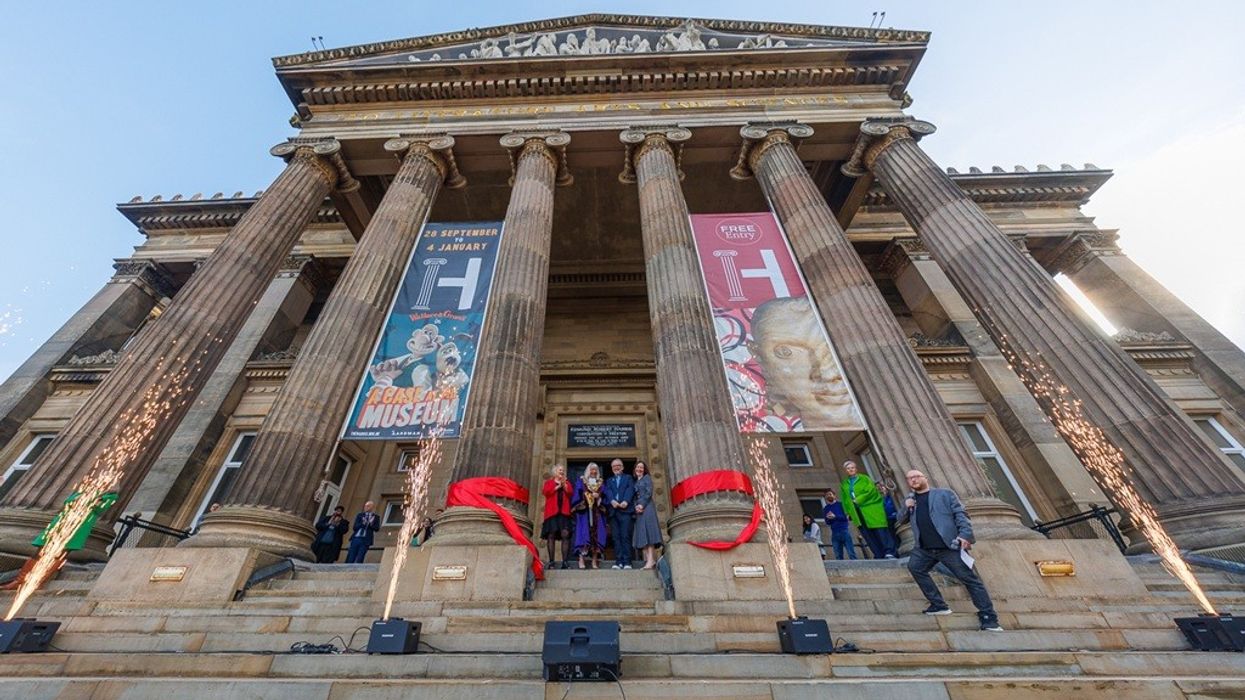
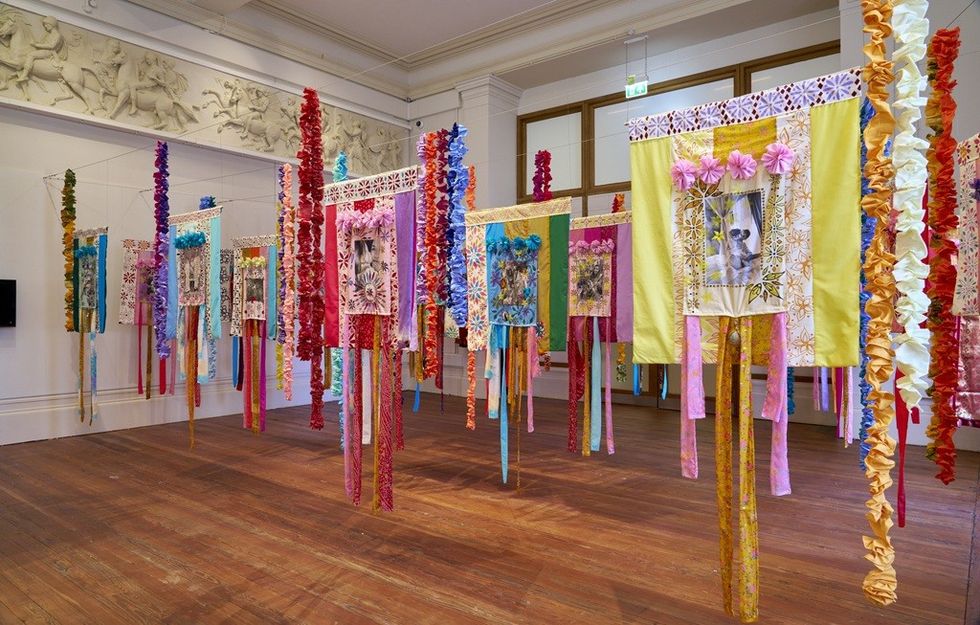 Courtesy Simon Critchley Photography
Courtesy Simon Critchley Photography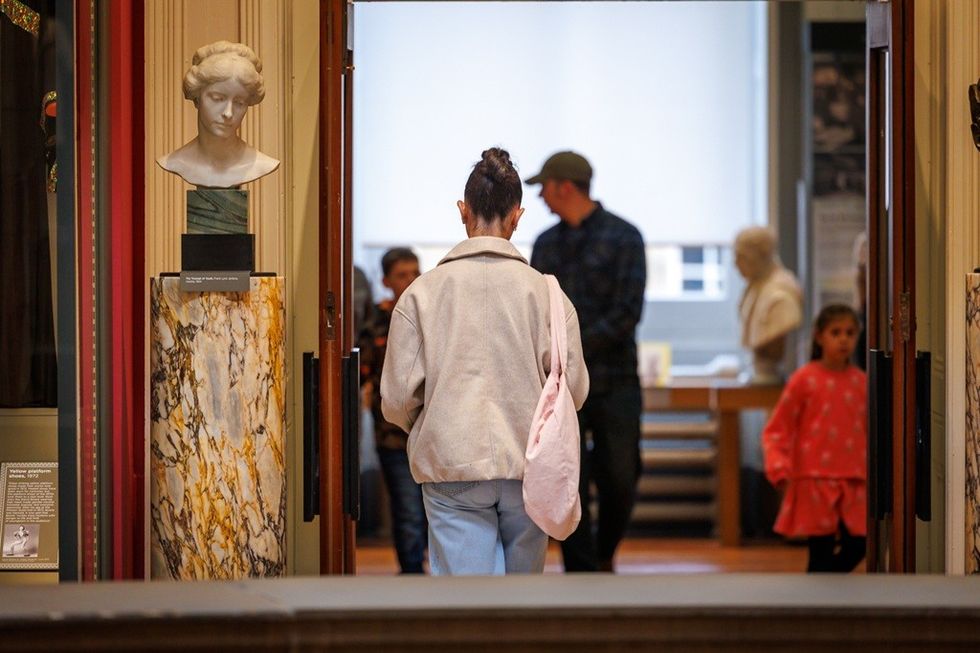 Courtesy Michael Porter Photography
Courtesy Michael Porter Photography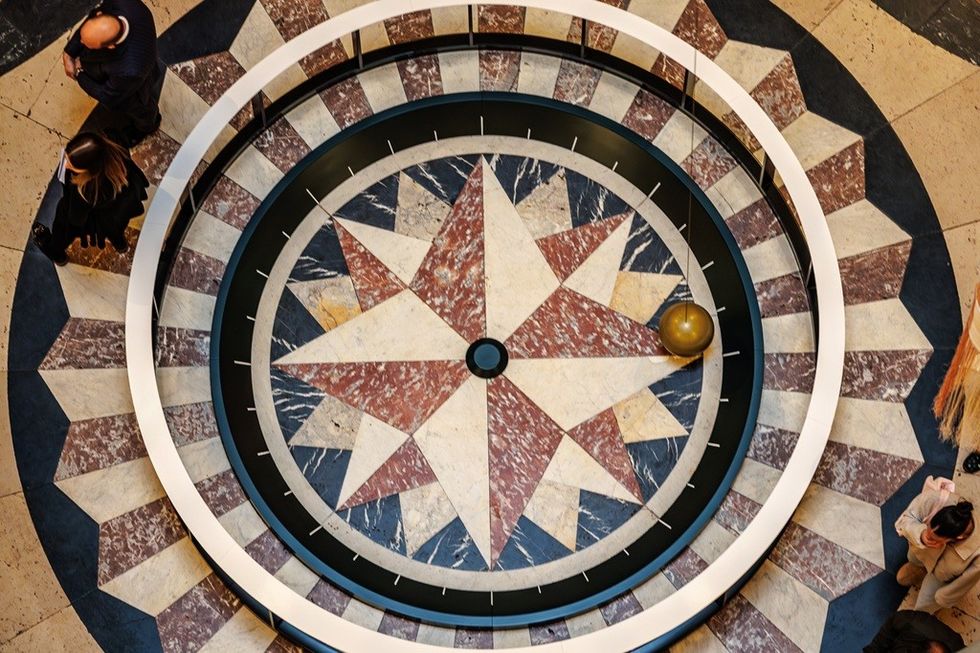 Courtesy Michael Porter Photography
Courtesy Michael Porter Photography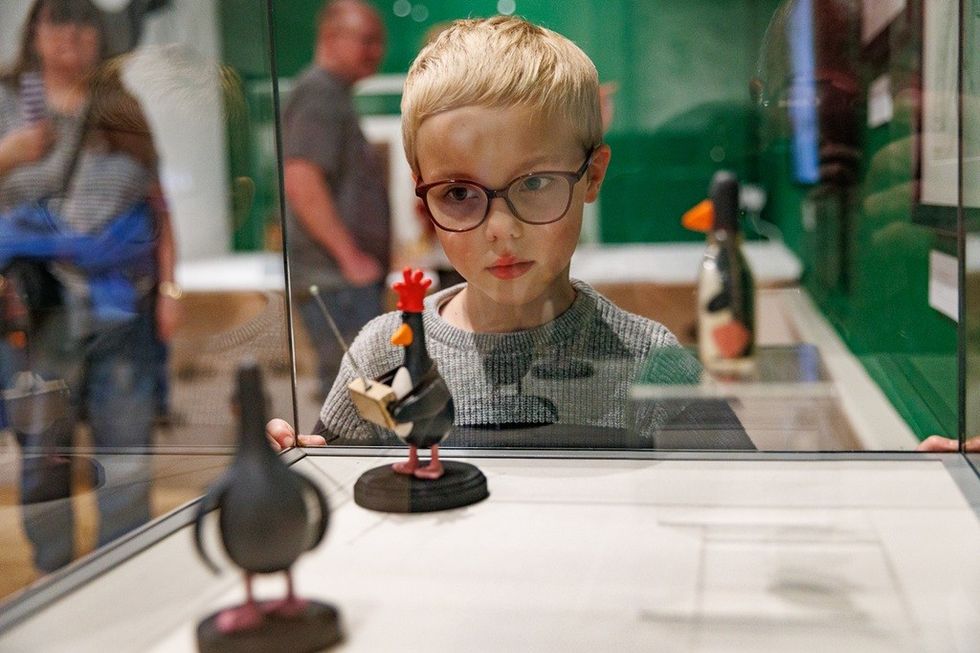 Courtesy Michael Porter Photography
Courtesy Michael Porter Photography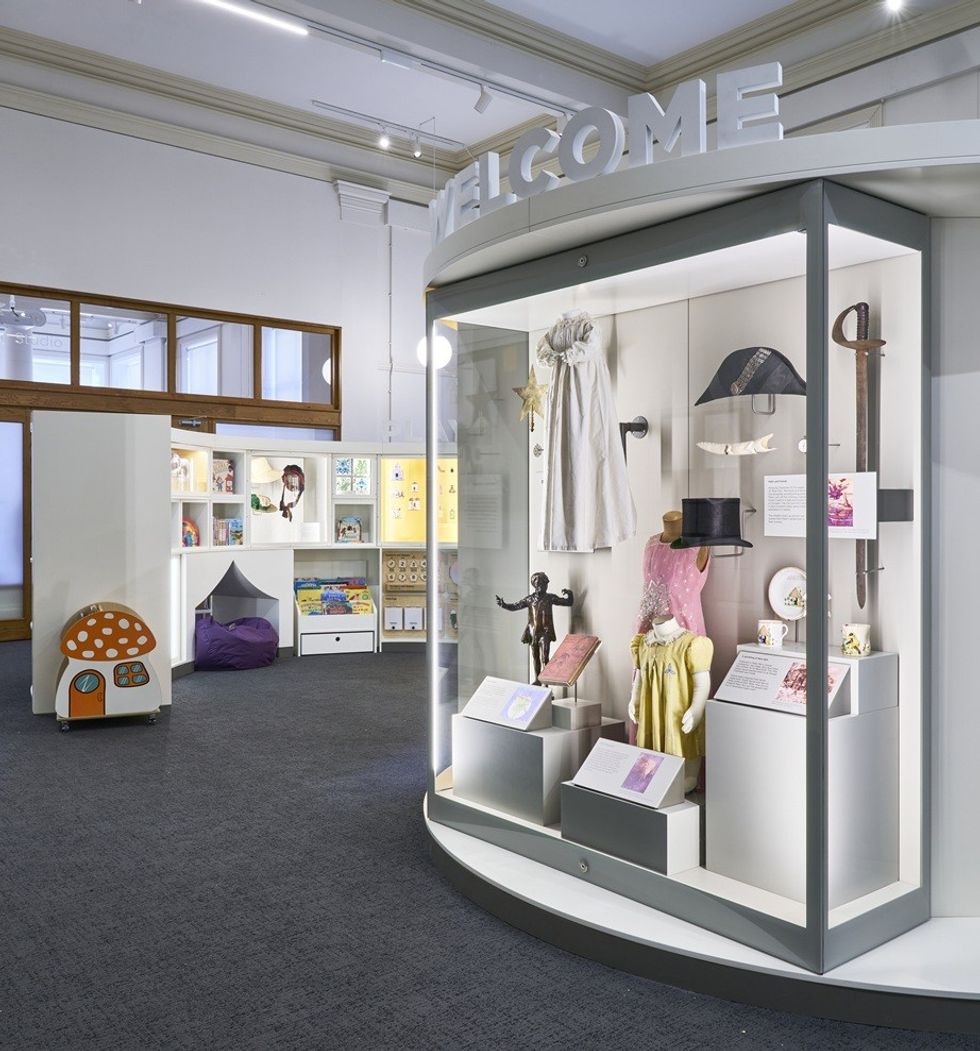 Courtesy Simon Critchley Photography
Courtesy Simon Critchley Photography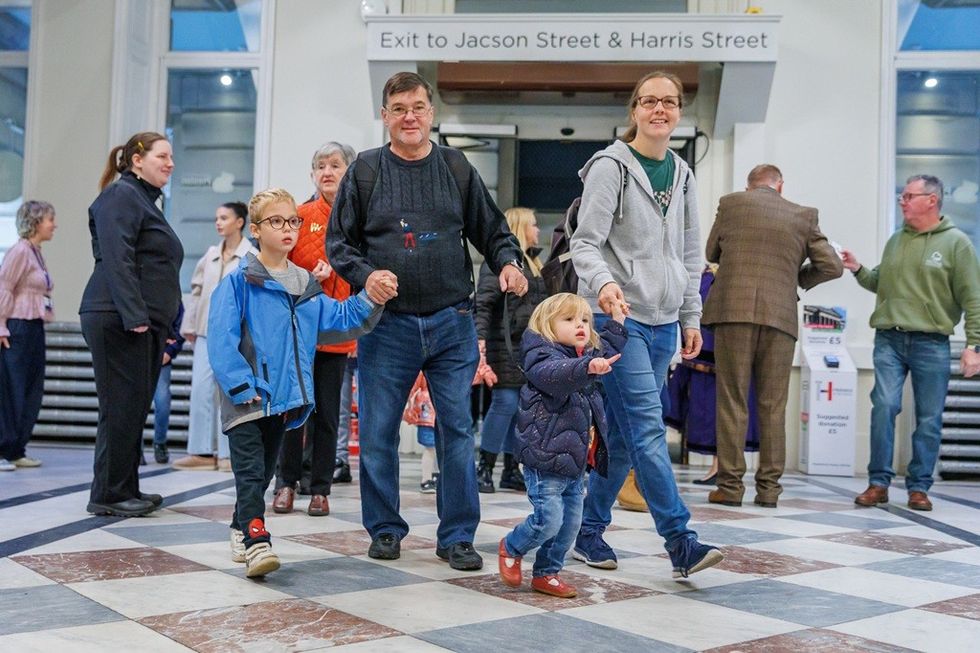 Courtesy Michael Porter Photography
Courtesy Michael Porter Photography
